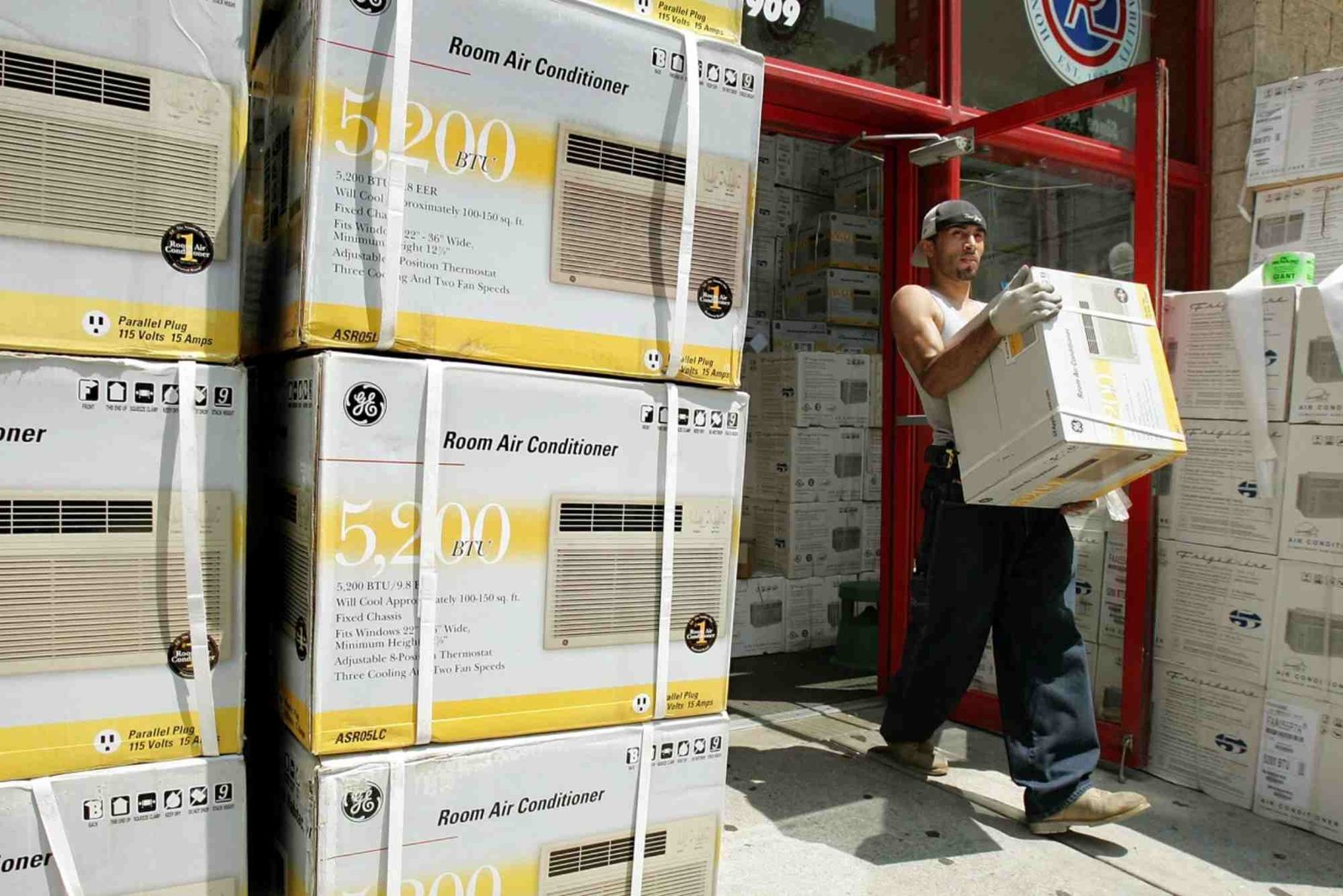Freight management is a critical component of any supply chain, affecting delivery times, cost-efficiency, and customer satisfaction. With growing global trade and increasing complexity in logistics, companies must adopt effective strategies to manage freight efficiently. This article will cover nine methods to help businesses optimize their freight management systems, ensuring higher efficiency and smoother operations.
Leverage Technology for Real-Time Tracking
One of the most significant advances in freight management is real-time tracking. Modern tracking systems allow businesses to monitor their shipments as they move through the supply chain. This real-time data enables companies to make quick adjustments when issues arise, improving delivery times and reducing costs.
Benefits:
Increased transparency
Better decision-making
Faster response to delays
Optimize Routes for Cost and Time Efficiency
Effective route optimization can save time and reduce fuel costs. Freight managers should analyze routes regularly using software tools that account for factors like traffic, road conditions, and fuel consumption. By using the best routes, companies can reduce shipping times and lower transportation expenses.
Benefits:
Shorter delivery times
Reduced fuel consumption
Improved customer satisfaction
Collaborate with Reliable Carriers
Partnering with reliable carriers is essential for ensuring on-time deliveries and reducing shipment damages. Building strong relationships with trusted logistics providers can lead to better rates and more reliable service. Carriers with good track records can also offer valuable insights for improving freight operations.
Benefits:
Consistent and timely deliveries
Fewer damages and losses
Long-term cost savings
Consolidate Shipments
Shipment consolidation is a proven method to optimize freight management. Instead of sending multiple small shipments, consolidating them into one larger load can reduce transportation costs. This method works particularly well for businesses with regular shipments to similar locations.
Benefits:
Lower shipping costs
Reduced environmental impact
Better use of carrier space
Implement a Transportation Management System (TMS)
A Transportation Management System (TMS) is a software solution that helps businesses plan, execute, and optimize the movement of goods. A TMS provides insights into shipping costs, carrier performance, and route efficiency. It also allows for better coordination and visibility across the supply chain.
Benefits:
Enhanced shipment planning
Increased efficiency in freight movements
Centralized data for better decision-making
Monitor Freight Costs Regularly

Freight costs can fluctuate due to various factors, including fuel prices, demand, and carrier availability. Freight managers should continuously monitor costs and work to negotiate better rates with carriers. Regular audits of freight invoices can also help identify overcharges or areas for cost reduction.
Benefits:
Lower shipping expenses
Improved budget control
Enhanced profitability
Enhance Inventory Management
Efficient freight management relies heavily on proper inventory management. By maintaining optimal inventory levels, businesses can reduce unnecessary shipments and avoid rush shipping costs. Having a clear picture of stock levels and demand forecasts ensures that freight moves smoothly through the supply chain.
Benefits:
Reduced storage and holding costs
Minimization of rush orders
More efficient freight scheduling
Use Data Analytics for Continuous Improvement
Data analytics can provide powerful insights into freight operations. By analyzing shipment data, businesses can identify trends, spot inefficiencies, and find opportunities for improvement. Predictive analytics can also forecast demand and optimize shipping schedules accordingly.
Benefits:
Improved decision-making
Enhanced operational efficiency
Reduced operational costs
Prioritize Sustainability
Sustainability is increasingly important in freight management. Companies can reduce their carbon footprint by choosing eco-friendly carriers, optimizing routes for fuel efficiency, and using energy-efficient vehicles. Implementing sustainable practices not only benefits the environment but can also lead to cost savings and enhanced brand reputation.
Benefits:
Lower environmental impact
Reduced fuel consumption
Positive brand image
Freight management is a complex and ever-evolving aspect of business logistics, but implementing these nine methods can significantly improve efficiency and reduce costs. From leveraging technology and optimizing routes to focusing on sustainability and collaborating with reliable carriers, businesses can streamline their freight operations for higher productivity and enhanced customer satisfaction.












